Cabin fever
We learned a great deal about the psychology of people and their commitment to exercise during pandemic lockdowns, as research from UCL has found. Kath Hudson reviews the findings
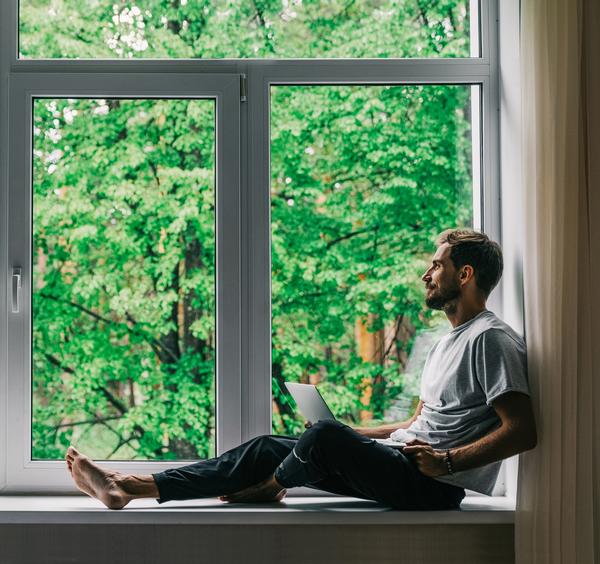
Whereas in the first lockdown it seemed like everyone was dragging bikes out of sheds, going for walks in the best spring weather in years, embarking on gardening and DIY projects, and embracing activities like crafting, baking or making TikTok videos, this enthusiasm to make the best of things appeared to have fizzled out by 2021, according to UCL research.
From the start of the first lockdown, UCL assessed the psychological and social impact of the pandemic, via weekly surveys and selected interviews of more than 70,000 adults in the UK for the UCL COVID-19 Social Study.
Funded by the Nuffield Foundation, with additional support from Wellcome and UK Research and Innovation, UCL updated a number of organisations, including the World Health Organization and the UK government Cabinet Office.
Heading to couchlandria
In January, the UCL research showed 40 per cent of the UK population was exercising less in the third lockdown than during the first, with 97 per cent watching more television, streaming films or gaming.
Hobbies also waned in their appeal, with 36 per cent reporting reduced involvement with arts and crafts and 30 per cent saying they were less engaged with other hobbies, such as gardening and DIY.
Lead author, Dr Daisy Fancourt said: “It’s not surprising the third lockdown saw fewer people exercising than the first, taking place as it did during the winter months, but this is still a cause for concern, as exercise can boost not just physical, but also mental wellbeing.
“The reduction in time spent on hobbies and volunteering can partially be explained by the increased time spent working, but also hints the novelty of increased free time which came with the first lockdown wore thin among much of the population, with many turning towards the easier options of television and gaming to fill their time.”
Survival mode
Laura Brooks, development manager at mental health charity Sport in Mind, says the short days and the winter weather had an impact on the levels of exercise, but she also believes time was a factor, with increased pressure around home schooling and a stronger work focus. According to the research 34 per cent of people reported they were working more.
“In the third lockdown, more pressure was put on people to perform normally with work, at the same time as juggle home schooling, which was more intense than in lockdown one,” says Brooks. “In lockdown three we all entered survival mode.
“When you have an end date you can pace yourself, but when you don’t know how long something is going to go on for it has a negative impact on motivation levels.”
By the middle of February, when UCL was collating the results from weeks 46 and 47, there was evidence that mental health had taken a real dip across the nation, with happiness levels hitting the lowest point of the entire pandemic and life satisfaction at its lowest since the spring of 2020. Depression and anxiety levels had worsened since the summer, falling after the announcement of the third lockdown. Loneliness was also at the highest level.
Those most affected by symptoms of depression and anxiety were young adults aged 18 to 29, women, people with lower household income, people with a long-term physical health condition, people from ethnic minority backgrounds and people living with children.
“This is another sign that many people found the third lockdown much tougher than the first and were more focused on just coping with their current circumstances, rather than attempting to find ways to enjoy them,” says Fancourt.
Sport in Mind’s Paul Owen says: “The third lockdown did start to feel like an extension of the first one. In December, as vaccinations became approved, we felt a sense of hope that the end was in sight. But, even though the vaccination rollout, was going well through January and February, and having a major impact, the progress was set against the darkest days of the pandemic in terms of the rising death toll, hospital admissions, a soaring infection rate and news of the variants.”
Owen predicted that as the easing of the third lockdown coincided with lengthening days, improving weather, lower infections and a successful vaccination programme, spirits were likely to lift, as they had in June 2020 after the first lockdown.
Double whammy
However, as the virus will leave its legacy in terms of economic disruption for some time to come, it will continue to have an impact on mental health. In December 2020, UCL discovered that one in three people were worried about finances and one in six were worried about their jobs. For many, Brexit is causing a double whammy, with 10 per cent saying its impact gives them sleepless nights.
Brooks predicted there would be a pent-up demand for getting back to exercise routines and also engage in organised exercise in venues, but even with the vaccine boosting confidence it would still take some people a while to acclimatise to being back indoors with other people.
Across the board it’s been a challenging time, with some people who had existing mental health issues finding they got worse and people who had never suffered with their mental health, experiencing symptoms of depression and anxiety for the first time.
However, Owen does point out one point of focus: “One thing which might come out of the pandemic is that with more people suffering from depression and anxiety, it becomes easier to have the conversation about mental health. Lots of taboos have been blown away which could set a better climate for the future.”
From both a physical and a mental health viewpoint, the health and fitness industry has never been needed as badly as it will be in the months and years ahead.
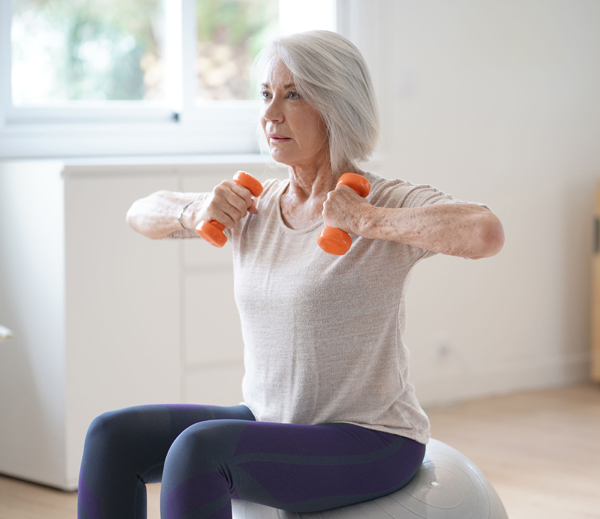
• 14% of 18- to 30-year-olds
• 10% of those 31 to 45
• 9% of 46- to 59-year-olds
• 6% of those 60 plus.
• 12% of men
• 8% of women
• 6% of people living along
• 10% those living with others
• 5% of those with annual household incomes of less than £30,000 versus 12% for those with higher incomes.
• 6% for those with physical health conditions
• 12% of those without a physical health condition
• 5% with mental health conditions
• 10% without
• 5% of those with annual household incomes of less than £30,000
• 12% for those with annual household incomes of more than £30,000
• 36% reported going for a walk or other gentle physical activity for at least 30 minutes
• 39% hadn’t done any
• 43% of over 60s
• 32-35% in other age groups
• 40% of those with annual household incomes of more than £30,000
• 33% of those with a physical health condition
• 28% of those with a mental health condition
• 18% overall
• 24% of 18- to 30-year-olds
• 19% of 31- to 45-year-olds
• 16% of those over 46
• 19% women
• 14% men
• 16% living alone
• 19% living with others
• 20% income above £30k
• 15% income lower than £30k
• 26% of those aged 46-59 years
• 28% those living alone
• 29% those with lower household income
• 29% those with a long term physical health condition
• 34% diagnosed mental health conditions

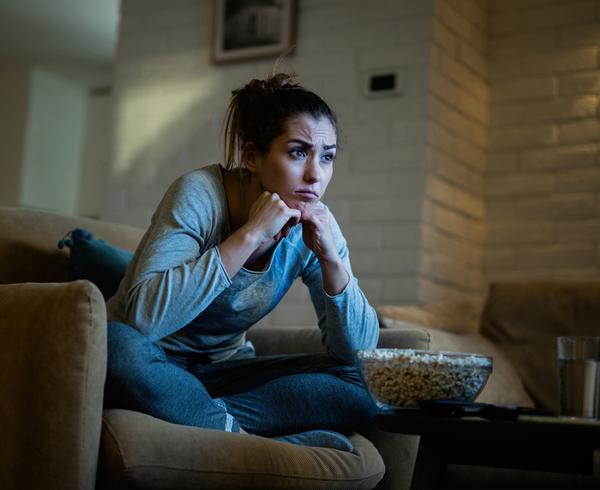
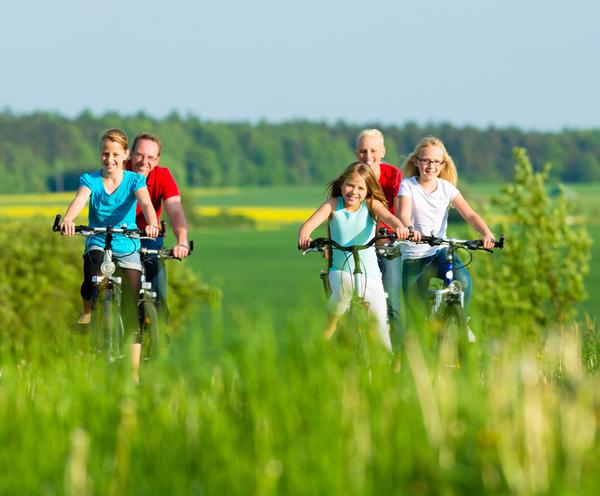
Duty Manager
Duty Manager
Duty Manager
Duty Manager
Swimming Teacher (Saturdays)
Chief Executive Officer
Cleaning Assistant
Team Leader
Lifeguard/Recreation Assistant
Civic Partnership Manager
Fitness Instructor
Duty Manager
Swim Teacher
Team Leader
Duty/Operations Manager
Recreation Assistant
Sport Centre Team Leader
Team Leader BSV
Lifeguard/Recreation Assistant
Casual Swim Teacher
Team Leader
Lifeguard/Recreation Assistant
Duty Manager
Duty Manager Golf and Athletics
Swimming Teacher
Swimming Teacher
Company profile
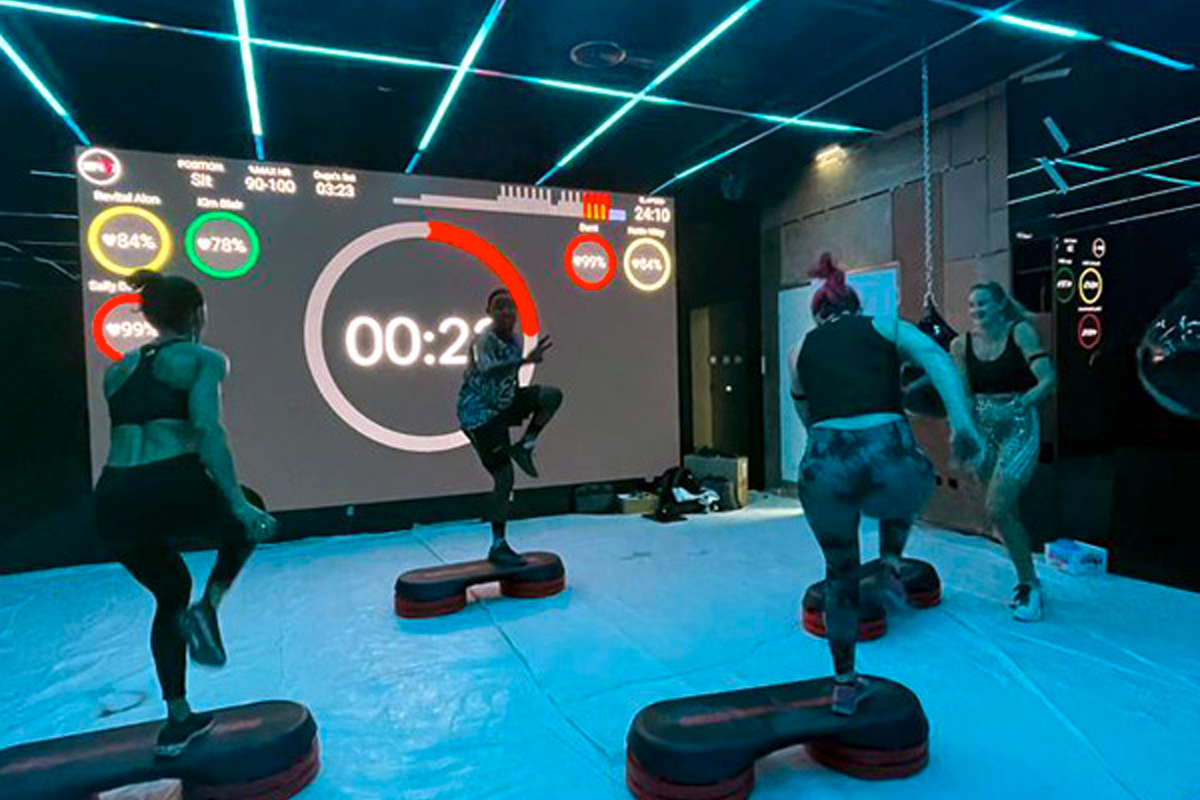
Featured Supplier
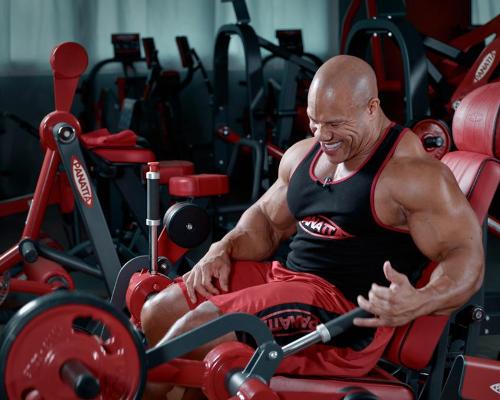
Property & Tenders
Company: Knight Frank
Company: Belvoir Castle
Company: London Borough of Bexley
Company: Forestry England













